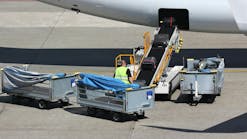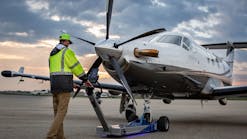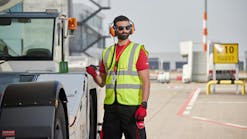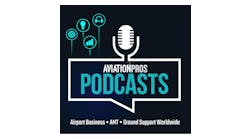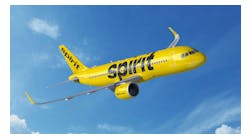WASHINGTON, Aug 10, 2005 (U.S. Newswire via COMTEX) -- The National Right to Work Legal Defense Foundation recently joined the battle to keep private airport security screeners free from compulsory unionism by filing an amicus curiae (friend of the court) brief at the National Labor Relations Board (NLRB). Certain union lawyers are attempting to persuade the federal labor board into taking the controversial step of allowing the forced unionization of screeners.
The brief responded to a June ruling by NLRB to reconsider a unilateral decision by one of the agency's regional directors to apply the National Labor Relations Act to private airport screeners working for a firm called Firstline Transportation Security operating at the Kansas City International Airport.
In creating of the Transportation Security Administration (TSA) in response to the September 11 attacks, the federal government created a pilot program involving private airport security screeners at five airports throughout the country. All other airport screeners are solely federal employees, and TSA officials have, citing national security concerns, exercised their discretion not to grant monopoly bargaining power to union officials over any of these federal employees.
"This new union scheme is really about raising more forced union dues revenues," said Foundation Vice President Stefan Gleason. "Aside from violating of workers' freedom of association, history tells us that interjecting forced unionism into such sensitive areas could have severe ramifications for Americans."
Foundation attorneys argue that granting the Security, Police and Firefighters Professionals of America (SPFPA) union officials the special privilege to force the airport screeners into union collectives, and ultimately, to collect compulsory union dues, would both undermine national security by destabilizing security screeners' work environment and infringe on workers' freedoms. The Foundation points out in its brief that since wages, training, supervision, and working conditions of private screeners are overseen by TSA officials -- no traditional "collective bargaining" could take place in the first place.
Additionally, the brief lays out the heightened possibility of national security breaches, such as illegal strikes and potential of terrorist infiltration into airport screening positions. Sixty years ago, the courts and Congress learned that Communist operatives had infiltrated numerous unions and manipulated the organizations for their subversive purposes -- including orchestrating strikes against defense-related plants at the behest of the Communist Party. More recently, Sen. John Kyl (R-Ariz.) cited concerns about "an increasing number of instances" where American institutions are being infiltrated by radical Islamic forces.
The brief also documents that government union officials have a long history of ignoring strike prohibitions and engaging in illegal strikes with tragic consequences. For instance, firefighter union strikes have resulted in dozens of deaths, strikes ordered by teacher union officials have led to hundreds of thousands of students being forced out of classes, and illegal so-called "blue flue" job actions (where employees simultaneously "call in sick") orchestrated by police union officials have endangered lives.
<>
<< Copyright ©2005 Copyright (C) 2005, U.S. Newswire >>
